Climate impacts are intensifying to become one of the most significant health crises this century. In the recent times, we have seen examples of extreme weather conditions with constant worrisome news of forest fires, heatwaves, draughts, hurricanes, floodings, earthquakes, winter storms, etc. which have led to widespread devastation, deaths, and displacements – the most recent being the Pakistan floods, destroying houses and livelihoods. These extreme weather conditions will continue to take place and will only increase with time. It is extremely vital and urgent for us to understand the causes behind such occurrences – which are mainly related to increased human activity (burning of fossil fuels for electricity, heat, transportation, industrial emissions, deforestation, urbanization, shifts in vegetation, etc.
According to the Intergovernmental Panel on Climate Change’s (IPCC) fifth assessment report, such human activities have contributed to the warming up of the planet since 1950. Several studies have been conducted on the rapid changes to our global climate due to the increased release of gases like carbon dioxide, methane, etc. (greenhouse gases) into the atmosphere which traps solar radiation. This results in the heating up of the planet.
Also, according to the IPCC, health is strongly connected to the changing/deteriorating environment. They have concluded that in order to avert the impending catastrophe around health-related issues and deaths, the world’s temperature must not rise above 1.5°C. Every additional tenth of a degree to the already not-so-safe 1.5°C adds massively to the warming up of the planet, which are and will continue to take a serious toll on people’s lives and health. However, will we bare this crisis equally?
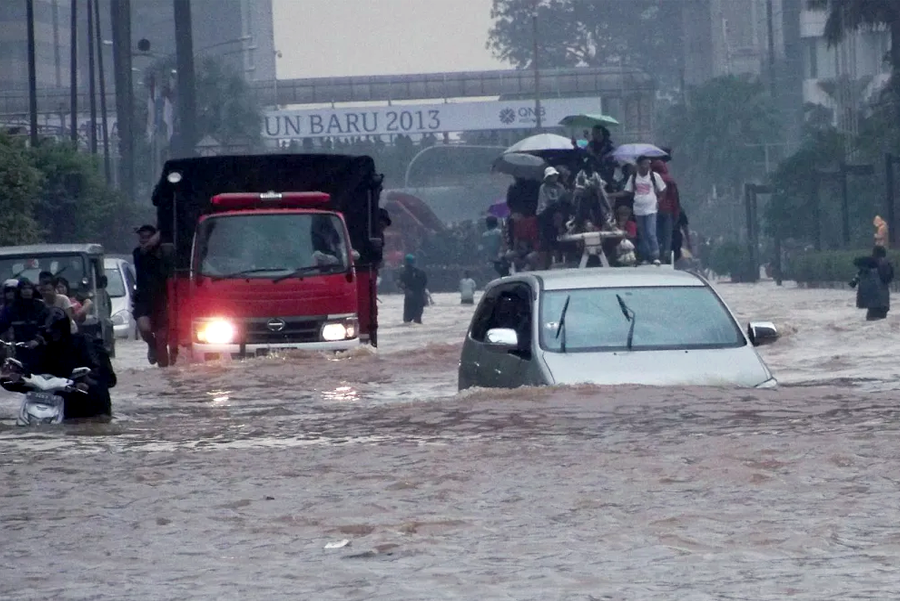
Why the unequal burden of impact?
Vulnerability to climate change is a huge factor when it comes to impact. The already suffering countries/states will be hit by the aftereffects much harder than the ones that are developed and equipped in terms of resources and infrastructure. Preparedness, planning, and development help prevent (to a certain extent) and/or handle hazardous situations. Unpredictability, on the other hand, is directly proportional to the impact of damage caused by climate change. Chennai, for example, is one of the few Indian cities who invested in technology to predict floods after its devastating fatalities in the 2015 flooding. The Indian government approached scientists to develop a flood forecasting system in the city, who successfully developed the design and working mechanism of India’s first fully automated real-time flood forecasting system in 2019. The sooner we realise the importance of preparedness, the less vulnerable we shall be towards crises and catastrophic events and will be able to respond better to the same.
As we saw in our earlier blogs on climate change and its impacts, everybody directly or indirectly is impacted with the rapidly deteriorating climatic conditions. However, what we also want to bring into focus is the degree of impact which seems to be inversely proportional to the degree of contribution to its causes- the lower the contribution, higher the impact. Thus, it is imperative that governments, health experts and providers recognise the role of climate change in deteriorating health conditions, which can get worse with complications and lack of infrastructure/treatment. We urgently need to prioritize and address the correlation between health and environment. The Ministry of Health and Family Welfare, Government of India, launched a programme called National Programme on Climate Change and Human Health (NPCCHH) in 2019, to reduce morbidity, mortality, injuries, and health vulnerability due to climate variability and extreme weathers. Among its key objectives, an important one is to create awareness around the impact of climate change on human health. Despite its existence, the programme continues to work in complete silo and silence. It is looking at existing diseases and drawing links to the deteriorating climate and environment but has completely neglected studying the climate as an individual cause for the birth of diseases and bacteria. If we continue this negligence, there will come a time where the impact of climate change will be disastrous and irreversible. Hence, the word of the wise is to stay ahead of the disease rather than chasing it later.

Deteriorating climatic conditions affecting all aspects of health:
-
Physical Health is largely affected by climate change. Globally, it causes more than 5 million deaths each year with approximately 74 temperature related excess deaths per 100,000 people. The mortality burden is geographically varying with Asia consisting of 51.49% of the excess deaths. We know respiratory and cardiovascular illnesses are caused by air pollution and wildfires, and heat strokes are caused by extremely hot weather and heat waves. Flooding causes injuries, drownings, water borne diseases like cholera, gastrointestinal diseases, skin rash, typhoid fever etc.,
-
Mental Health is another factor which is affected by the rapidly changing environment. Environmental calamities are largely accompanied by losses, deaths, displacements, etc. which are associated with elevated levels of stress, depression, anxiety, grief, disorientation, and posttraumatic stress disorder. Since 2008, more than 20 million people on an average basis are made to displace from their original settlement due to weather related disasters or calamities. The toll it takes on one’s mental health due to the trauma and loss is harder to quantify than the effects on physical health.
-
Inequities deepen as climate change takes a higher toll on those who are already at heightened risk, hence further widening the pre-existing inequities. Usually, people in gravest of dangers are the ones with low income, minority of indigenous communities, workers in hazardous occupations, residents of geographically fragile areas, those living with existing health conditions, people who do not have shelter etc., They are the ones highly vulnerable to climate change and its associated disasters, crumbling down their sense of stability.
-
Increased pressure on the health infrastructure will lead to decreased quality of care as well as inaccessibility. This will further cause disruption in the supply chain, reducing availability of critical medicines and devices.
With India trying to achieve Universal Health Coverage (UHC), it can easily go off the track due to the negligence in prioritizing the relation between climate and health. 48.2% of Indians pay their medical bills from their own pockets (out of pocket expenditure). This is quite an improvement when compared to 2011’s Lancet data where 78% of Indians were paying their own medical bills. However, climate change will threaten the progress India has made so far in development, global health, poverty reduction and any other initiatives towards reducing the health inequalities between and within populations, jeopardizing the realisation of UHC.
Therefore, we must recognise climate change as a valid cause of concern in public health and must study the correlation between the two. Prioritizing this will also help us in building resilience, preparedness, and the necessary infrastructure to tackle calamities and related health challenges.
 Back to page
Back to page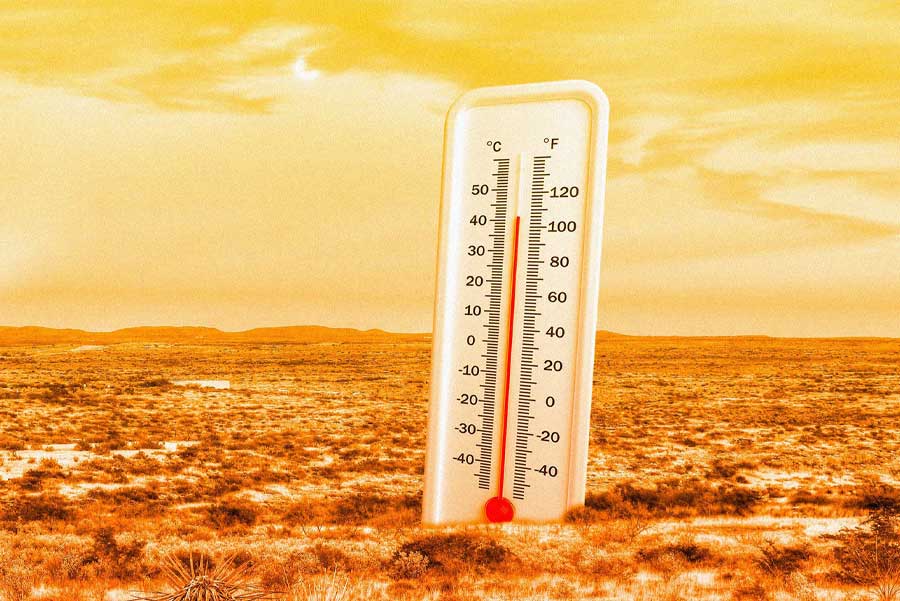
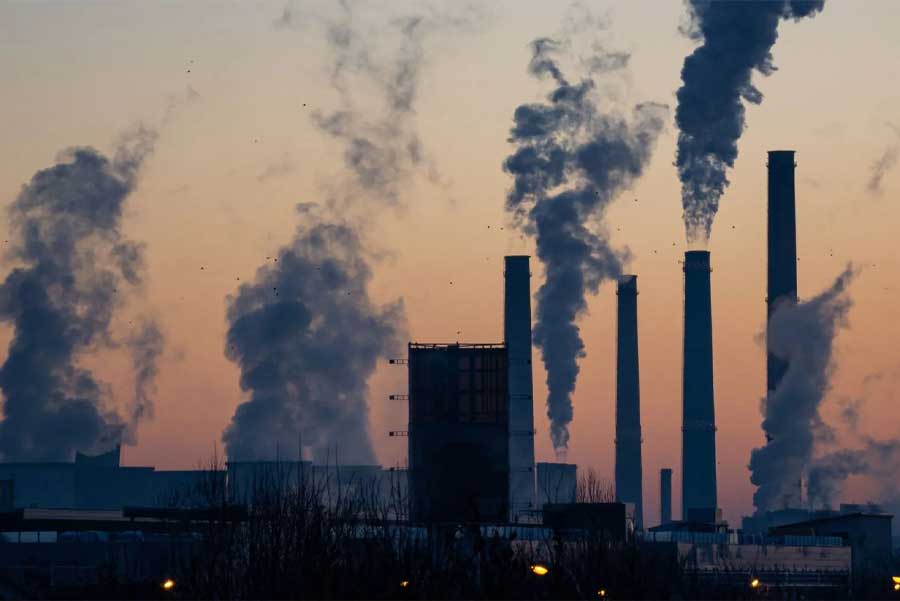
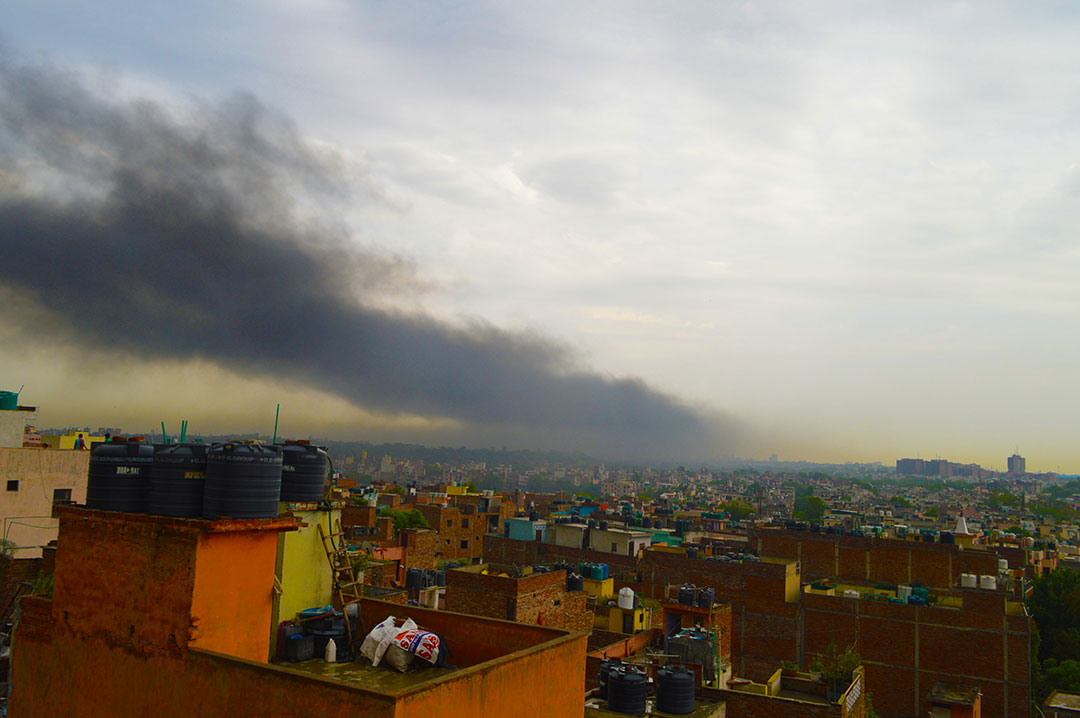
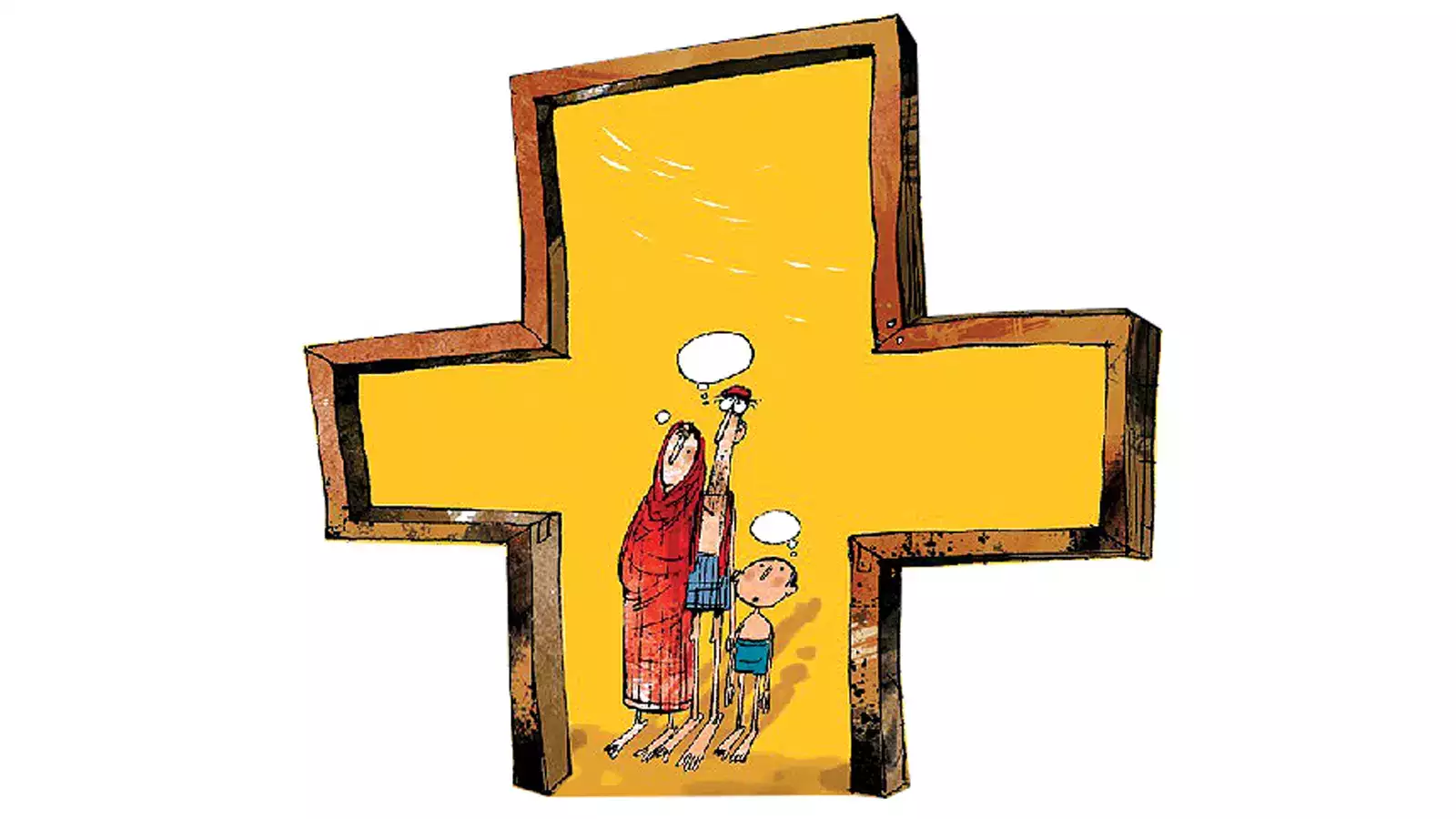




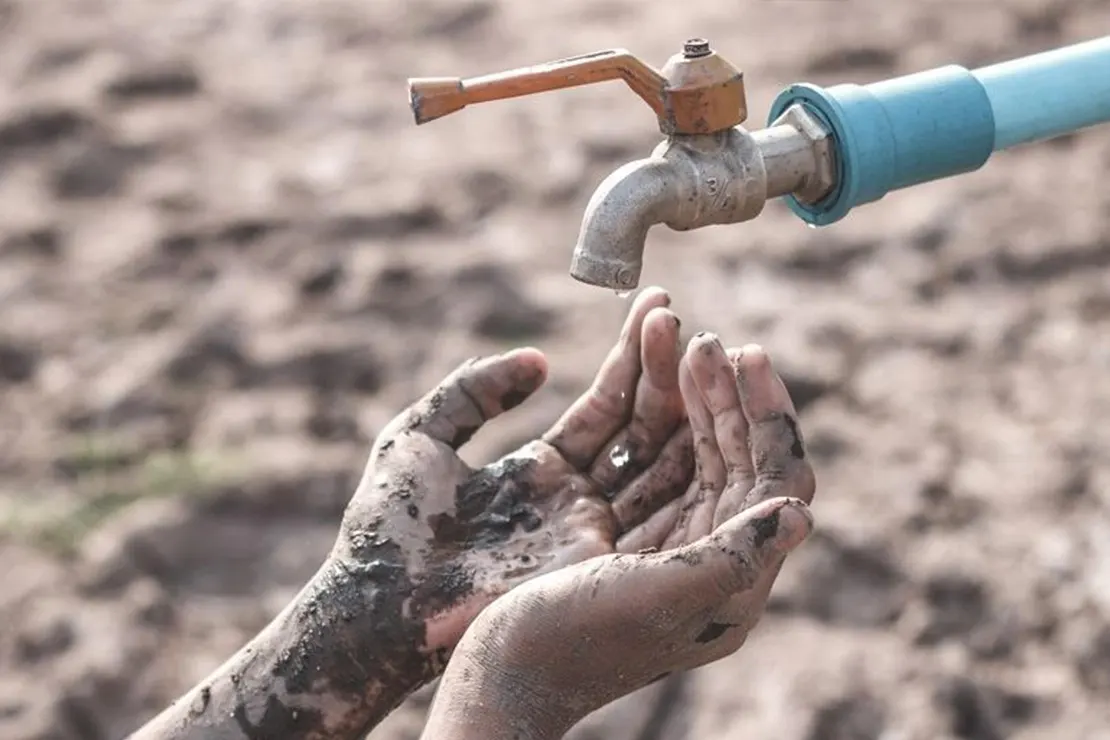




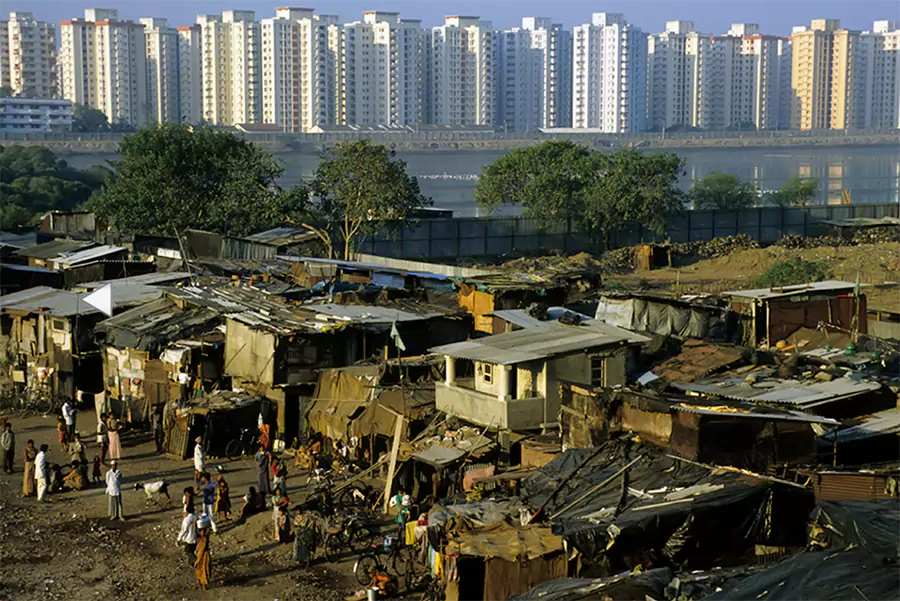




Leave a Comment